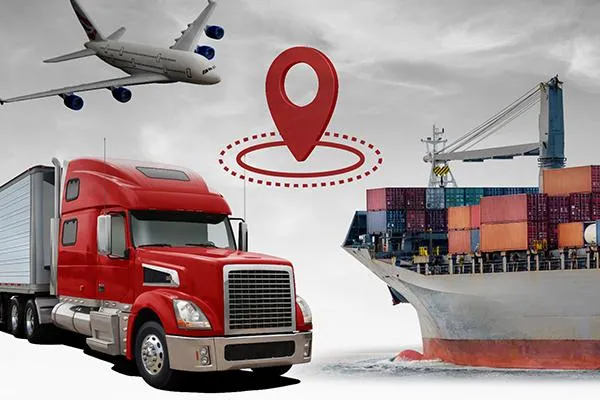BLOG

Insights Hub: Navigating Fleet Management Trends
The world of fleet management is in a state of constant evolution. With advancements in technology, shifts in customer expectations, and changing regulatory landscapes, fleet managers must adapt to stay competitive and efficient. In this blog, we'll embark on a journey through the latest trends reshaping fleet management and explore how businesses can navigate these changes to drive success.
1. The Rise of Telematics
Telematics has emerged as a game-changer in fleet management. This technology combines GPS tracking with onboard diagnostics to provide real-time data on vehicle location, performance, and driver behavior. Fleet managers can use this data to optimize routes, reduce fuel consumption, and enhance overall efficiency.
Telematics also plays a crucial role in predictive maintenance. By monitoring vehicle health and identifying issues before they become major problems, fleets can minimize downtime and costly repairs.
2. Electric and Alternative Fuel Vehicles
Environmental concerns and sustainability goals are driving the adoption of electric and alternative fuel vehicles in fleets. Electric vehicles (EVs) are becoming more practical for fleet use with improved charging infrastructure and longer battery ranges.
In addition to reducing carbon emissions, EVs offer cost savings through lower fuel and maintenance expenses. However, fleet managers must carefully plan charging infrastructure and consider the unique operational requirements of electric vehicles.
3. Autonomous Vehicles on the Horizon
While fully autonomous fleets are not yet widespread, the development of autonomous vehicle technology is progressing rapidly. These vehicles have the potential to revolutionize long-haul shipping, last-mile delivery, and more.
As autonomous vehicles become more prevalent, fleet managers will need to adapt to new challenges, such as vehicle maintenance and safety protocols. They'll also need to consider the impact on the workforce, as some driving roles may be automated.
4. Data-Driven Decision-Making
Data is at the heart of modern fleet management. Fleet managers are increasingly relying on data analytics to make informed decisions. Advanced software platforms can process vast amounts of data to provide insights into driver behavior, route optimization, and vehicle performance.
Data-driven decision-making not only improves efficiency but also enhances safety. It allows for the identification of risky driving behavior and the implementation of preventive measures.
5. Driver Safety and Training
Fleet safety remains a top priority, and new technologies are aiding in this endeavor. Driver monitoring systems can detect drowsiness, distraction, and unsafe driving habits in real time, allowing for immediate intervention or coaching.
Comprehensive driver training programs are also becoming more critical. Properly trained drivers are not only safer but also more fuel-efficient, reducing operational costs.
6. Regulatory Compliance and ELDs
Electronic Logging Devices (ELDs) have become a standard requirement for fleet management. ELDs automate hours-of-service tracking, reducing paperwork and ensuring compliance with regulations.
As regulations continue to evolve, fleet managers must stay informed and adapt their operations accordingly. Compliance management software can help streamline this process.
7. Enhanced Customer Expectations
Customers expect real-time visibility into their deliveries and services. Fleet management systems that offer live tracking and estimated arrival times can improve customer satisfaction and loyalty.
Meeting these expectations requires robust communication between fleet managers, drivers, and customers. It also necessitates efficient routing and delivery planning.
8. Sustainability and Green Initiatives
Sustainability is no longer an option—it's an expectation. Fleets are adopting eco-friendly practices and vehicles to reduce their environmental impact. From route optimization to the use of electric or hybrid vehicles, sustainability efforts can have a positive impact on both the environment and a company's reputation.
Conclusion
The landscape of fleet management is evolving at a rapid pace, driven by technology, sustainability, and changing customer demands. To navigate these trends successfully, fleet managers must embrace innovation, leverage data-driven insights, prioritize safety and sustainability, and stay agile in the face of regulatory changes.
The future of fleet management holds exciting possibilities, from autonomous vehicles to enhanced sustainability efforts. By staying informed and proactive, businesses can harness these trends to drive efficiency, reduce costs, and deliver exceptional service to their customers. As we continue to explore these developments in the Insights Hub, we invite you to join us on this journey of discovery and adaptation in the ever-changing world of fleet management.


© 2023 TransTech Solutions - All Rights Reserved